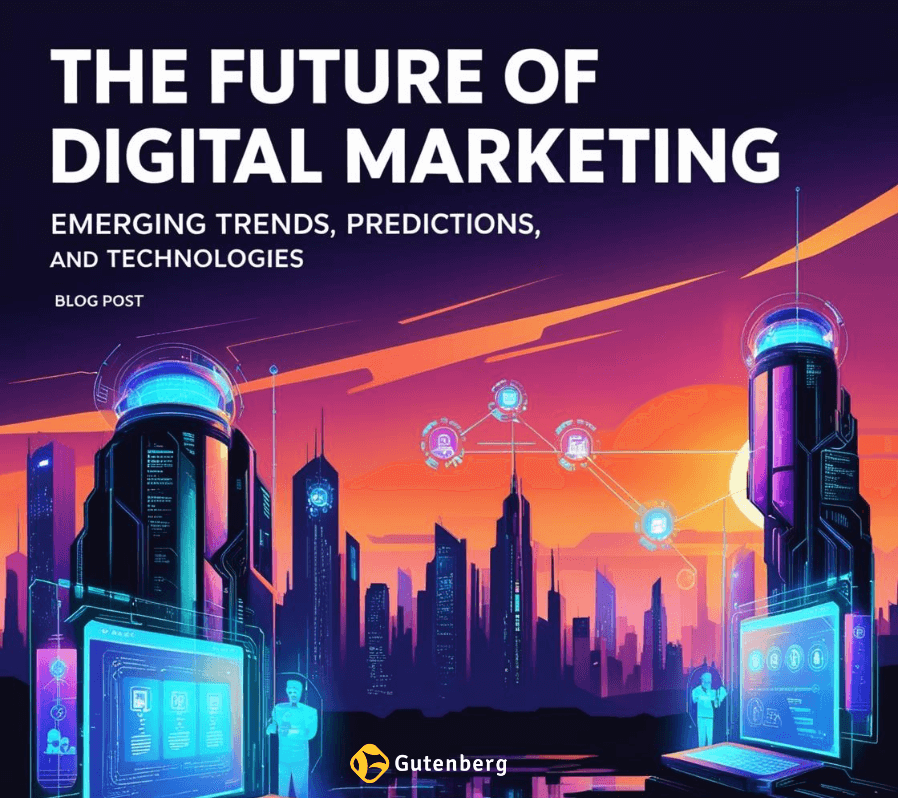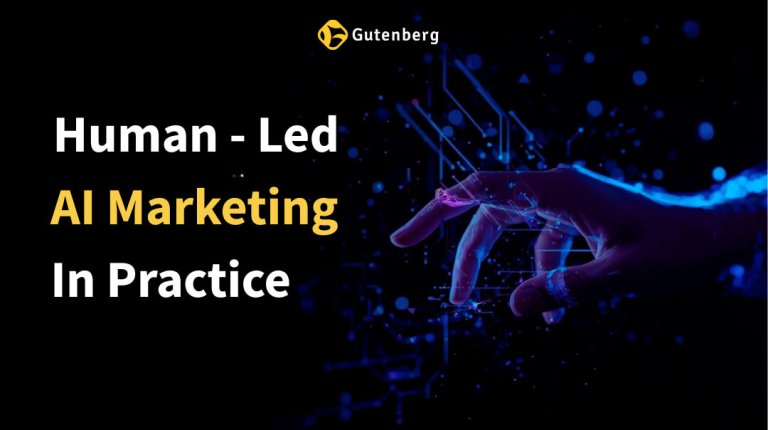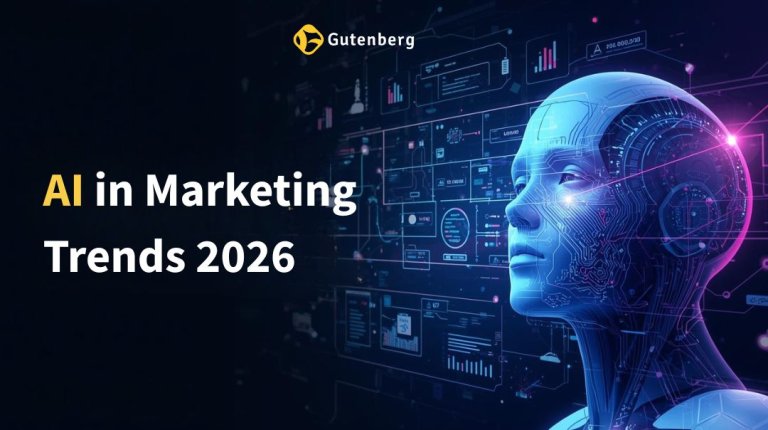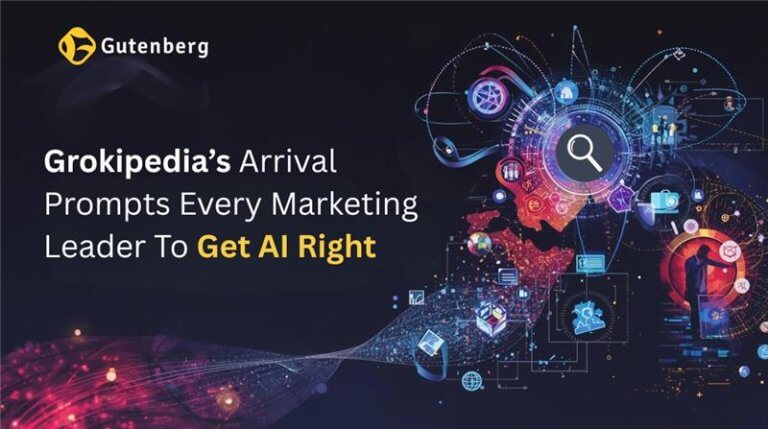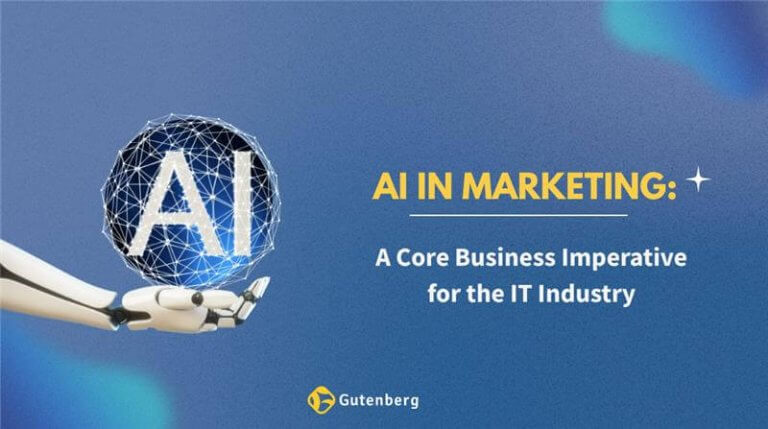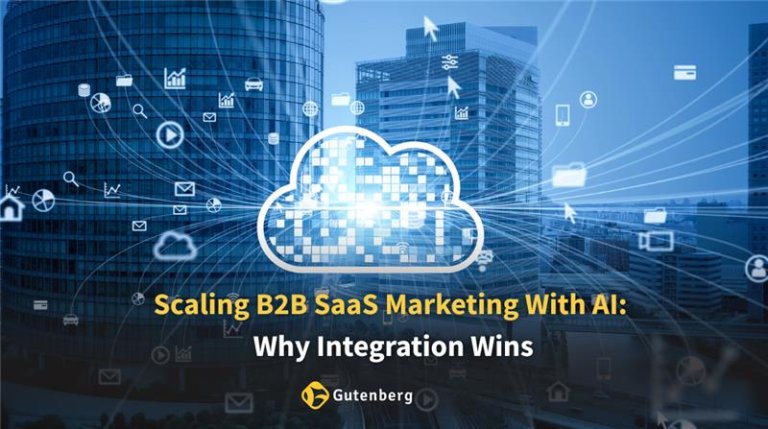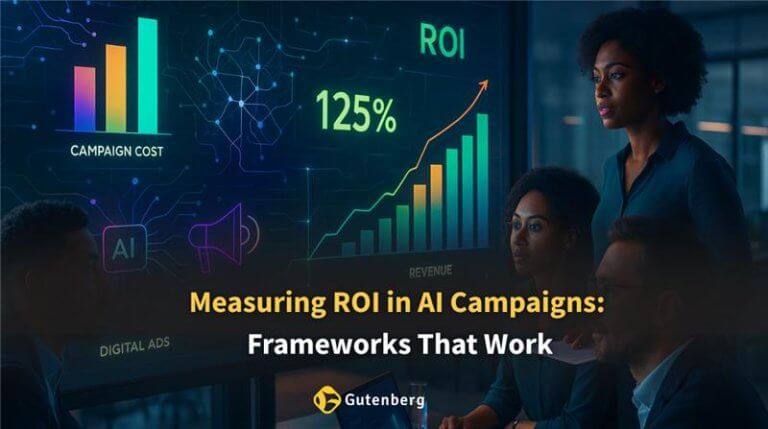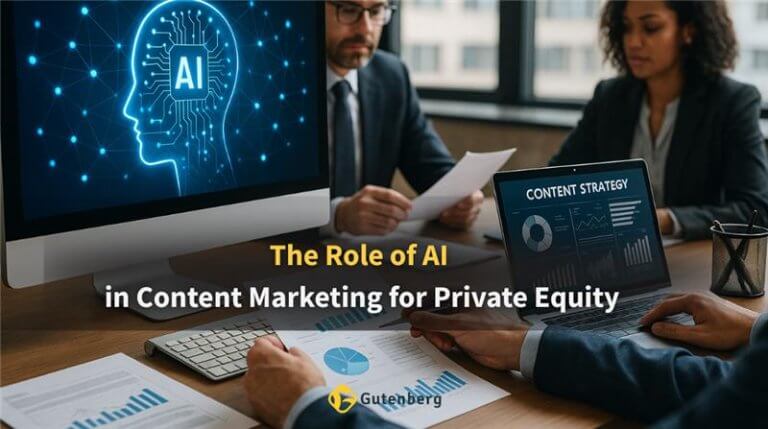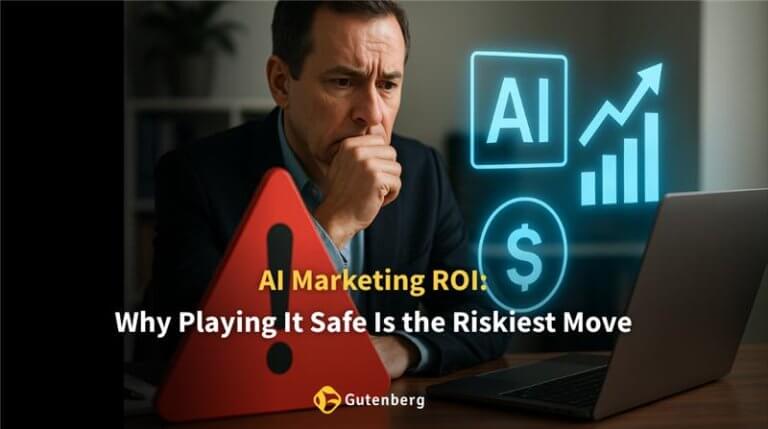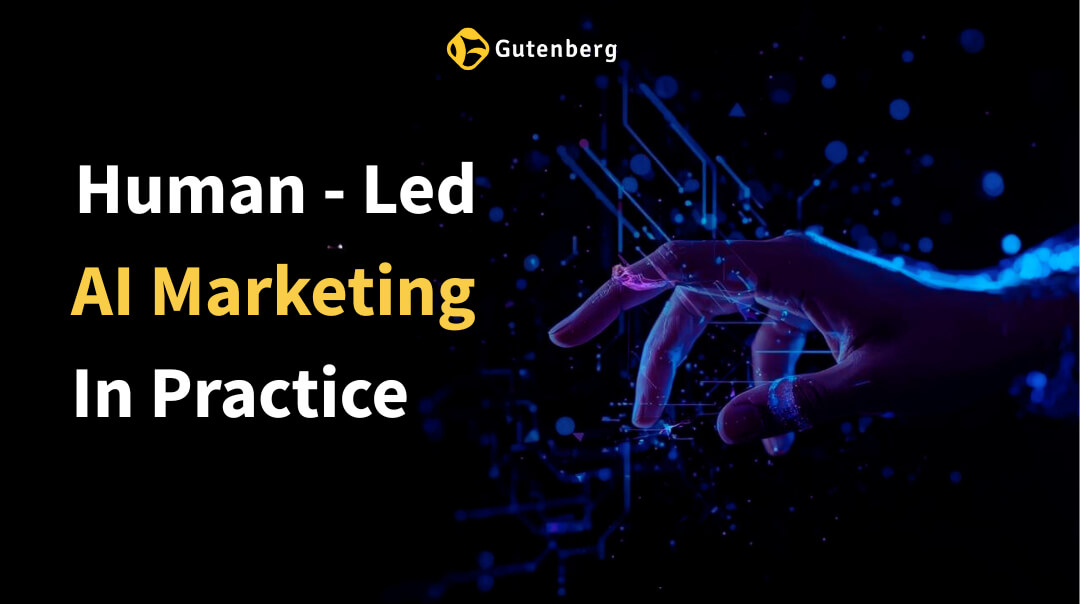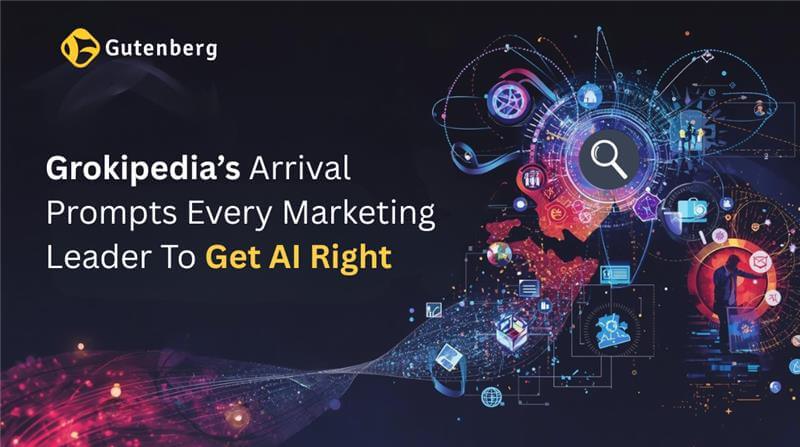Remember the days when a simple website and a few social media posts were enough to reach customers? Those days are long gone. Today, the digital marketing landscape is evolving at a breakneck pace, driven by technological advancements and rapidly changing consumer expectations. In 2025, businesses face unprecedented challenges and exciting opportunities to connect with their audiences. Simply having a social media presence is no longer sufficient. A robust, data-driven strategy is essential, coupled with the adoption of innovative tools and technologies. This blog will explore key emerging marketing trends, predictions for 2025, and the critical role of technologies like AI in shaping the future of digital marketing.
The marketing world of 2025 will prioritize personalization, ethics, sustainability, and immersive experiences. Technologies like AI and machine learning, once considered niche, are now foundational in creating impactful campaigns and predictive insights. Meanwhile, evolving consumer behaviors, from increasing privacy concerns to a growing demand for meaningful brand values, are reshaping how businesses approach their audiences and the future of digital marketing.
Key Emerging Marketing Trends
In the past few years, marketing industry has seen a plethora of trends. Understanding emerging marketing trends is important for businesses aiming to have an edge in the industry. Here are the trends expected to dominate in the coming years:
1. Personalization at Scale
Consumers increasingly demand personalized experiences that cater to their specific needs and preferences. By using customer data, businesses can deliver tailored content, recommendations, and ads. Tools powered by artificial intelligence (AI) are now enabling marketers to achieve personalization at scale efficiently.
For example, Amazon leverages AI to personalize product recommendations based on your browsing history, purchase history, and even the time of day. This hyper-personalization drives customer engagement and increases sales.
2. Voice Search Optimization
Voice search continues to rise as smart speakers like Amazon Echo and Google Home become household staples. To succeed, businesses must optimize their content for conversational queries rather than traditional text-based searches.
Consider this: a user asking, “Where’s the best Italian restaurant near me?” expects quick and concise results. Implementing voice-friendly keywords and natural language in your content ensures your brand remains accessible via voice assistants.
3. The Power of Video Marketing
The evolution of video marketing is impacting audience engagement. Short-form videos on platforms like TikTok, Instagram Reels, and YouTube Shorts capture younger demographics. Interactive and shoppable videos are also growing in popularity, allowing seamless customer journeys from content to purchase.
4. Privacy-Centric Advertising
Consumer awareness around data privacy is at an all-time high. With regulations like GDPR and CCPA, businesses must prioritize privacy-centric advertising strategies. With the phaseout of third-party cookies, contextual advertising and first-party data will be a priority.
Transparency about how data is collected and used builds trust, ensuring long-term loyalty among consumers.
5. Immersive AR and VR Experiences
Technologies like augmented reality (AR) and virtual reality (VR) are enabling more immersive customer interactions. Retailers like IKEA use AR apps to allow customers to visualize furniture in their homes before purchasing. Such experiential marketing enhances customer engagement and purchase confidence.
Digital Marketing Predictions for 2025
Marketing trends in 2025 have multiple factors. From AI to content personalization, businesses will have to cater to all kinds of marketing techniques, with the help of the latest tools and technological advancements. Based on current developments, here are the top digital marketing predictions for 2025:
1. AI Will Dominate Marketing
AI will become integral to marketing strategies, enabling real-time campaign optimization and predictive analytics. Chatbots, for instance, will handle complex queries with ease, offering human-like interactions.
2. Social Commerce Will Surge
As social platforms like Instagram and TikTok expand e-commerce capabilities, social commerce will thrive. Brands can integrate shoppable posts and in-app purchases to blur the lines between content and commerce.
3. Sustainability Will Shape Consumer Choices
Sustainability is no longer optional; it’s essential. Purpose-driven campaigns highlighting environmental and social responsibility will connect with modern consumers rather than occasionally addressing the issues and responsibilities.
4. First-Party Data Becomes King
With third-party cookies on the decline, businesses will turn to first-party data. Brands that effectively collect and use direct customer information will outperform competitors.
Emerging Marketing Technologies
Marketing technologies now not just include the latest social media apps or scheduling tools; the game has changed in recent years. Innovative technologies are the driving force behind the evolution of digital marketing. Here are some emerging tools transforming the industry:
1. Artificial Intelligence (AI)
AI-driven solutions such as ChatGPT and Google’s Bard generate content, personalize recommendations, and optimize ad targeting. For example, dynamic pricing powered by AI adjusts rates in real-time based on demand and customer segmentation.
2. Blockchain in Advertising
Blockchain ensures ad transparency by verifying legitimate impressions and eliminating fraudulent activity. It’s gaining traction as a trust-building tool in digital marketing.
3. Predictive Analytics
Using historical data, predictive analytics helps marketers anticipate trends and consumer needs. Predictive tools can inform product launches and refine target audiences.
4. Internet of Things (IoT)
IoT devices, from smartwatches to connected home appliances, generate invaluable data, providing marketers deeper insights into user behavior. These insights lead to more accurate and personalized marketing strategies.
5. 5G and Enhanced Connectivity
The adoption of 5G networks is revolutionizing digital marketing by enabling faster browsing speeds and higher-quality streaming. Enhanced connectivity supports the growth of video marketing and AR/VR applications.
The Role of AI in Digital Marketing
AI is shaping the future of digital marketing, streamlining processes and enhancing creativity. The marketing trends and techniques have changed significantly with the introduction of artificial intelligence in digital marketing. The following are some of the ways that highlight the role of AI in digital marketing:
1. Chatbots and Virtual Assistants
AI-powered chatbots deliver instant, personalized responses, improving customer service efficiency. Brands like H&M use chatbots to assist customers with product searches and style advice.
2. Automated Campaigns
AI automates repetitive tasks like email scheduling, social media posting, and data analysis, freeing marketers to focus on strategy and creative development.
3. Advanced Targeting
AI algorithms analyze data to identify precise audience segments, ensuring ads are relevant and effective.
4. Content Personalization
AI tools curate content based on user interests. For example, Netflix’s recommendation system creates personalized viewing experiences, enhancing user engagement.
Conclusion
The future of digital marketing is changing fast, driven by innovation and new technology. For businesses, it’s not just about keeping up with the latest tools. It’s about using them to connect with people in real, meaningful ways. Customers today want more than just ads. They want brands that understand them, share their values, and offer experiences that feel personal and genuine.
This is where marketing gets exciting. AI is making it easier than ever to predict what customers need and to create conversations that feel natural. At the same time, there’s growing demand for businesses to act responsibly by staying transparent about what they stand for.
Ultimately, digital marketing is about more than just tools or trends. It’s about telling a story that people want to be part of, building trust, and finding new ways to engage in the marketing industry.
At Gutenberg Communications, we see these changes as opportunities to create meaningful impact. By using emerging technologies like AI and keeping up with marketing trends, we help our clients find effective ways to connect with their audiences. Let’s work together to build a strong foundation for your business in the future of marketing.
Stay ahead of digital marketing trends— explore our digital marketing services.
FAQs
Q1. What are the key digital marketing trends businesses should follow in 2025?
In 2025, the most important digital marketing trends include personalization at scale, AI-powered automation, privacy-first advertising, immersive experiences using AR and VR, and a stronger focus on sustainability in brand messaging.
Q2. How is AI changing digital marketing in 2025?
AI is playing a central role in digital marketing by enabling real-time targeting, predictive analytics, content generation, and automated customer service through tools like chatbots and virtual assistants.
Q3. Why is first-party data important for marketing after 2024?
As third-party cookies are phased out, first-party data helps brands understand their customers directly. It improves targeting, increases campaign relevance, and supports privacy-compliant personalization across channels.
Q4. What is the role of video in digital marketing strategies today?
Video continues to drive high engagement. Brands are using short-form, interactive, and shoppable video formats to increase visibility, encourage interaction, and move users from awareness to conversion on platforms like Instagram and TikTok.
Q5. What’s the most effective way for companies to apply 2025 marketing trends?
Many companies are working with expert agencies to put these trends into action. Gutenberg supports businesses by combining strategic planning with tools like AI, first-party data systems, and video formats to help marketing efforts perform better.

